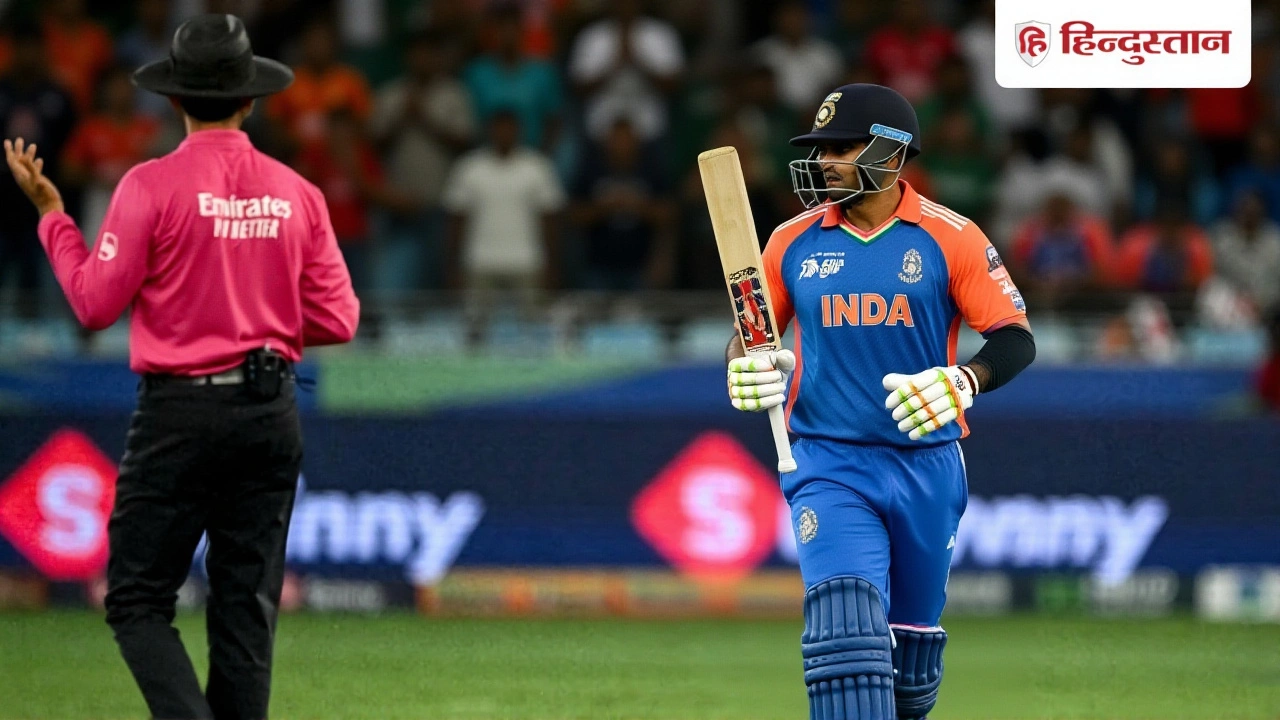Suryakumar Yadav faced criticism after a clear edge dismissal and a run‑out fiasco in the Asia Cup match vs Bangladesh, sparking ICC fines and diplomatic trophy drama.
Unsportsmanlike Conduct Explained
When talking about unsportsmanlike conduct, behaviour that breaches the spirit of fair competition and violates established rules. Also known as poor sportsmanship, it shows up whenever players, officials or even fans ignore the unwritten code that keeps games honest. Sports ethics, the moral framework guiding athletes and teams and fair play, the principle that everyone follows the same rules without cheating are the two pillars that keep unsportsmanlike conduct in check.
Unsportsmanlike conduct encompasses actions like deliberate fouling, time‑wasting, or abusing officials. It requires adherence to a code of conduct, a written set of expectations for behavior on and off the field that most leagues publish. When the code is broken, a disciplinary action, penalties such as fines, suspensions, or bans follows, influencing a player’s reputation and team morale. For example, the cricket world saw Shardul Thakur step into a leadership role after a season marked by heated exchanges, highlighting how leadership changes can reset the ethical tone of a squad.
Why It Matters Across Different Arenas
Unsportsmanlike conduct isn’t limited to the pitch. The ticket‑resale scandal involving Viagogo and BookMyShow showed how unfair practices undermine fan trust, mirroring the same breach of fair play seen in sports. In the legal arena, the Supreme Court’s decision to bring its chief justice office under RTI rules reflects a drive for transparency—an antidote to the opacity that often hides misconduct. Even digital platforms like Twitter affect brand reputation; their algorithm tweaks can amplify or suppress voices, influencing how audiences perceive fairness. Each of these scenarios demonstrates a clear semantic link: unsportsmanlike conduct influences public perception, demands accountability, and often triggers regulatory or disciplinary responses.
Understanding this web of relationships helps you spot early warning signs. If a player consistently argues with umpires, that may signal broader team culture issues. If a company’s marketing team uses deceptive tactics, it mirrors the same ethical lapses seen in ticket scalping. Recognizing the pattern lets managers, coaches, and even everyday fans push for corrective measures before damage spreads.
Below you’ll find a curated selection of articles that dive deeper into specific cases—from cricket captaincy shifts and email migration best practices to the impact of algorithm changes on brand visibility. Each piece adds a layer to the bigger picture of how unsportsmanlike conduct, whether on a field or in a boardroom, shapes outcomes and drives the need for stronger ethical standards.
